When people think about the typical person who enjoys cannabis, the image that often comes to mind is that of someone on couch lock who lives a fairly sedentary lifestyle.

Well, what if we told you that research suggests the opposite might be true?
Time to Reconsider the Perception of the Lazy Stoner
What if instead of making you feel lazy, marijuana helped you feel more motivated to work out?
Well, that seems to be what a recent CU Boulder research study found. Those who enjoyed cannabis – either before or after their workouts – were more likely to be active than those who did not consume cannabis.
More Cardio Than Those Who Don’t Enjoy Cannabis
The study was one of the first to examine cannabis use and exercise. The results were published in the journal, Frontiers in Public Health. The study found that those who used marijuana before or after exercising got, on average, 43 more minutes of weekly aerobic exercise than those who didn’t.1
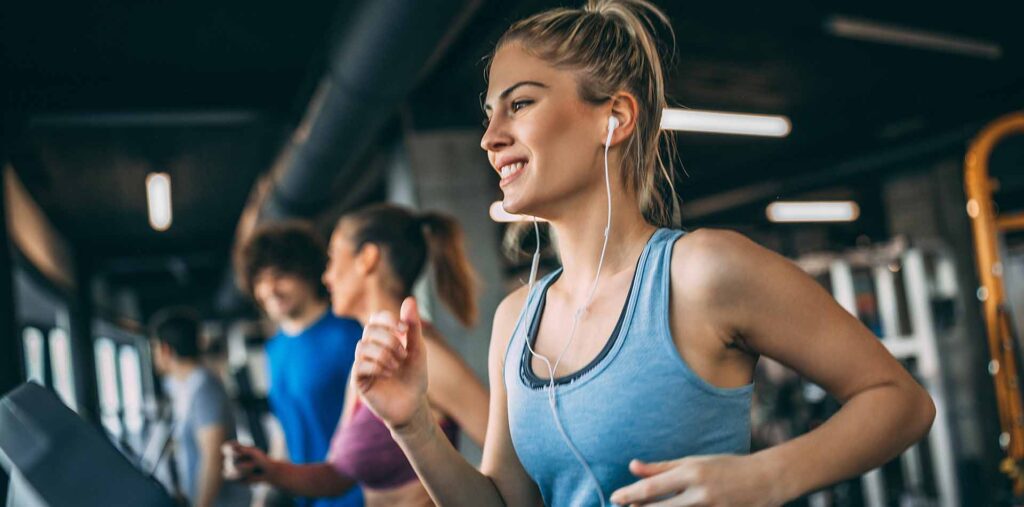
Angela Bryan, a senior author of the study who is a professor of Psychology and Neuroscience said: “There is a stereotype that cannabis use leads people to be lazy and couch-locked and not-physically active, but these data suggest this is not the case.”
Professor Bryan emphasized that she is not recommending the use of cannabis with exercise, saying, “The evidence is not there yet, but I am also not convinced it is harmful.”2
Potential Benefits of Mixing Cannabis with Exercise
Out of 605 legal marijuana users in Colorado, California, Nevada, Oregon, and Washington, the study found that 81.7% paired cannabis with exercise – either one hour before or within four hours after their workout.
Among those who mixed cannabis with their workouts:
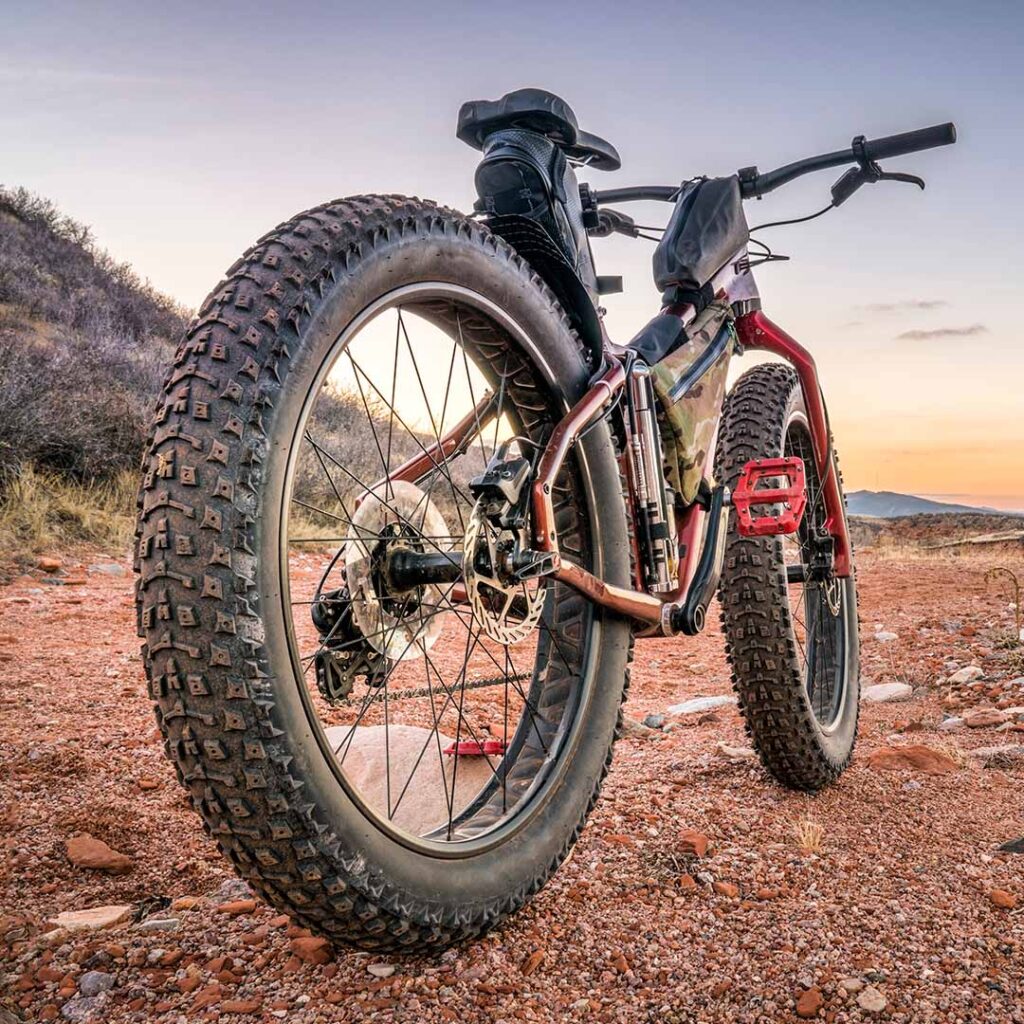
- 52% said it increased their motivation to exercise
- 70% said it improved their enjoyment of exercise
- 78% said it improved recovery
These findings are significant because many Americans do not meet the minimum exercise recommendations for physical activity. Often, the reasons many don’t meet these requirements include a lack of motivation, not enjoying their workouts, and poor recovery.
Think of the potential implications for the millions of Americans battling obesity and the health problems that can arise from being overweight or living a sedentary lifestyle.
Cannabis Users Leaner Than Those Who Do Not Partake?
Besides the myth that cannabis users are lazy, there’s another stereotype often applied to those who enjoy cannabis. That is that they’ll tend to be on the chunky side.
Once again science comes to the rescue, to clear up this misnomer. According to a study published in the September 2016 issue of The Journal of Mental Health Policy and Economics, this is not necessarily the case. In fact, the opposite might be true.7

The study found that those who enjoyed cannabis daily were leaner than those who did not consume. Males were 2.7% leaner and females were 3.1% leaner.
Just another nod from science that cannabis could be helpful for the millions of Americans battling medical issues associated with being overweight.
Are Cannabinoids Responsible for Runner’s High?
Speaking of misconceptions, let’s talk about the euphoric feeling runners can sometimes experience that’s known as “runner’s high.” For quite some time, the scientific community believed this high was caused by the release of endorphins.
Well, in April of 2021, the results of a study were published in the journal, Psychoneuroendocrinology. The study found that runner’s high was more likely caused by endocannabinoids than endorphins.3

What Are Endocannabinoids?
Endogenous cannabinoids, or endocannabinoids, are cannabinoids that are naturally produced within our bodies. Many people are surprised to hear that endocannabinoids occur naturally within our bodies – whether or not we consume cannabis.
Authors of the study wrote, “… endorphins don’t seem to play a major role. We found, instead, that running stimulates endocannabinoid release, and based on our present and earlier findings, we conclude that endocannabinoids are responsible for a runner’s high.”4
Another myth busted. The euphoric feeling runners and endurance athletes experience comes as a result of endocannabinoids. Specifically, researchers believe it’s the endocannabinoid known as anandamide that promotes the feelings of euphoria associated with runner’s high.5
Anandamide was named after the Sanskrit word meaning bliss or joy, due to it being a mood enhancer that provides a calming effect.
How CBD Can Help You Make the Most of Your Anandamide
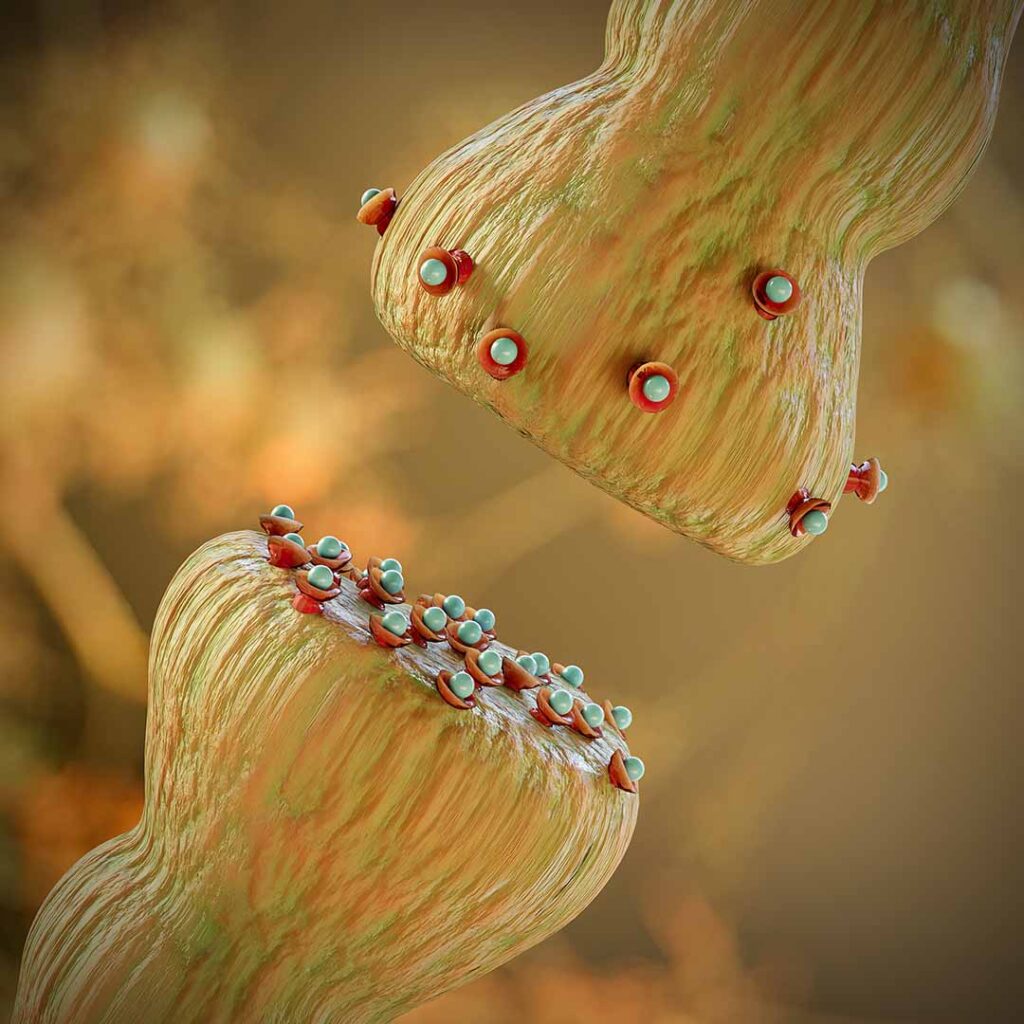
Anandamide is naturally produced in our bodies. Usually, AAH enzymes break down the anandamide in our system. The well-known cannabinoid, Cannabidiol (CBD), however, can inhibit those enzymes from breaking it down.
By doing so, CBD allows the Anandamide to attach to the receptors in our brains – which results in the calming effect commonly attributed to CBD.
Click here to learn more about the benefits of cannabinoids like CBD.
Can Cannabis Improve Health and Quality of Life?
So, if endocannabinoids can help you feel better during and after a good workout, would it be safe to assume that the cannabinoids found in cannabis can help to promote better overall health and quality of life?
Instead of promoting laziness, research shows that cannabis could help to boost motivation and the enjoyment we receive from our workouts. Plus, cannabinoids like THC and CBD have shown to help reduce pain and inflammation, which can help to improve the way we recover from our work outs.

Since consistency is key to reaping the benefits of exercise, by improving people’s enjoyment of their workouts, along with recovery, cannabinoids could help more people stick with their exercise programs.
Click here to find out how medicating with the right mix of cannabinoids could help to unlock your body’s natural healing power.
Cannabis and Health for Older Adults
The team from CU Boulder also completed a separate study that compared the activity levels of older adults who used cannabis with those who didn’t. After participating in a 16-week exercise program, those who used cannabis exercised more than those who didn’t.
Since remaining active in our later years can lead to better overall health, the results of the study seem to indicate that cannabis could play a role in improving the quality of life for older adults.

Angela Bryan stated: “As we get older, exercise starts to hurt, and that is one reason older adults don’t exercise as much.” If cannabis could ease pain and inflammation, helping older adults be more active, that could be another benefit.”2
A Word of Caution:
Before we move on to talking about another potential benefit of mixing exercise and cannabis, let’s address something important – safety. Just because science indicates that mixing exercise and cannabis can be beneficial, it doesn’t mean doing so is safe in all cases.
For example, if you’re new to exercising on cannabis, start with very small doses and begin with something easy like taking a walk. If that goes well, then perhaps you can move on to a slow jog.
However, if you’re into contact sports like rugby or mixed martial arts, where your safety depends on being mentally sharp, then save the toke until after your workout. The bottom line, use common sense.
Get Into the Flow

In addition to helping with motivation, inflammation, and recovery, another benefit of cannabis use for athletes is that it can help them get into a flow state.
A flow state is defined as an “optimal state of consciousness when our brains begin to quiet down, allowing for an increased sense of wellbeing, an elevated sense of energy, and a spiked increase in concentration.”
Flow states are said to inspire creativity and boost mental and physical performance.
Caffeine + THC + Exercise = Flow State
Here’s some good news for those whose pre-workout routine includes a bit of THC and caffeine. The mix of THC, caffeine, and exercise has been said to help facilitate a flow state.
Click here to learn more about What Happens When You Smoke Weed and Drink Coffee.
What Type of Cannabis Is Best for Working Out?
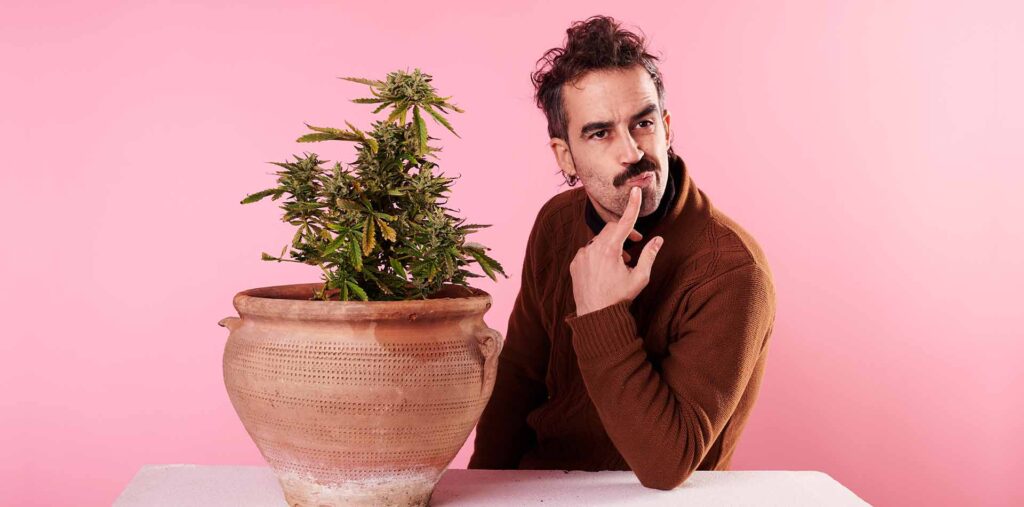
The answer to this question will be different for all. But as a general rule of thumb, Sativa strains of cannabis are considered to be suitable for use before your workout. Indica strains will tend to be best enjoyed after your workout as a recovery aid. Here’s why:
- Sativas are generally known for providing a stimulating and energizing effect that can help to reduce stress and anxiety, while boosting creativity and mental focus
- Indicas are typically described as having sedative, full-body effects and are known to help alleviate pain and insomnia, while helping to promote relaxation
Of course, a lot more goes into determining what strains, or methods of consumption are best. The info we’ve provided here should only be used as a general guide.
THC: Less Pain, More Gains
Increased motivation, greater enjoyment, less pain, and improved recovery … it’s no wonder more and more elite athletes have admitted to turning to cannabis as a natural alternative to pain relieving drugs.
In a Men’s Journal article, Suzanne Sisley, M.D., an Arizona-based physician and psychiatrist affiliated with Doctors for Cannabis regulation who helps treat the injuries of pro athletes, said: “I think all athletes – whether they’re NFL or NBA pros or just serious athletes wanting to better their fitness-are learning about the therapeutic potential of this plant.”8
THC as a Potential Replacement for Opioids?
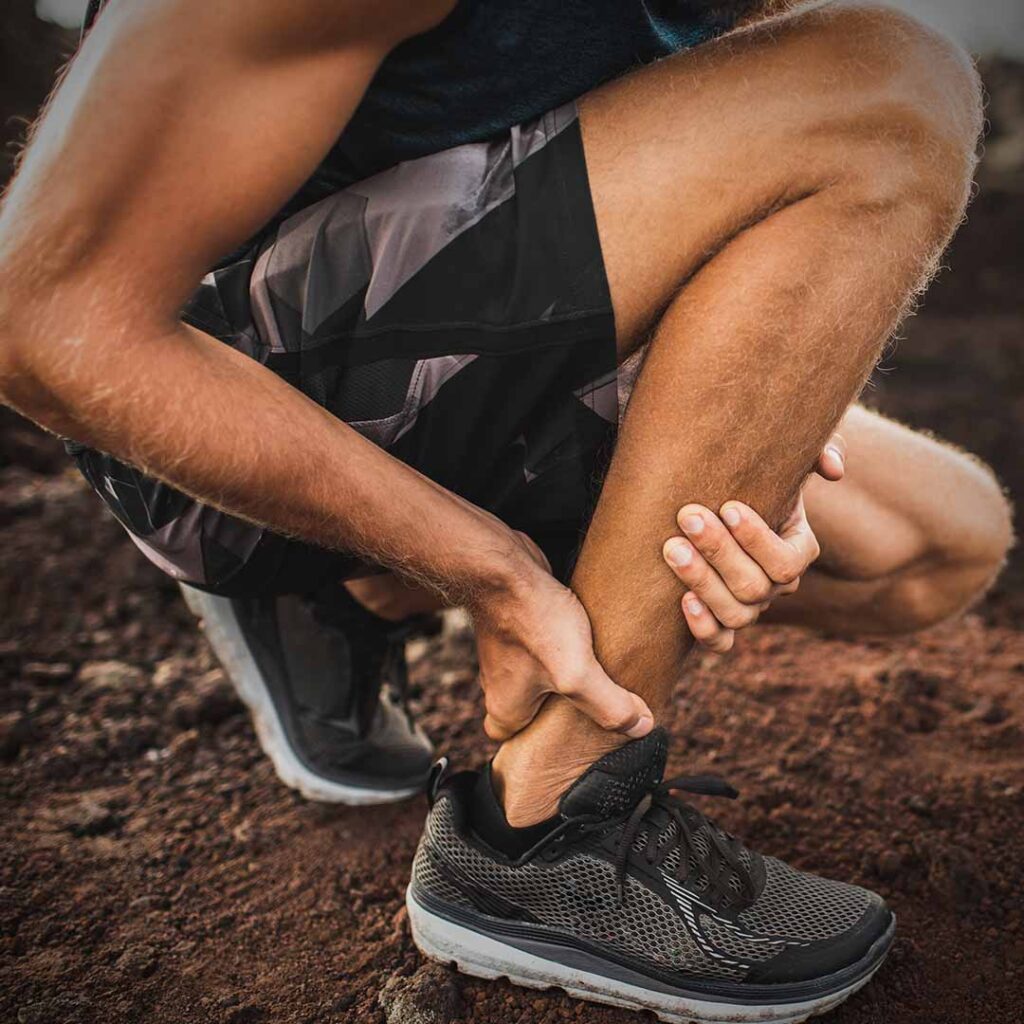
One thing that’s common among athletes, regardless of their sport, is the possibility of injury. And once those injuries occur, athletes will have to decide how they’ll treat those injuries.
For example, NFL players will inevitably sustain injuries during their careers due to the high contact nature of the sport. Often, the treatment for these injuries involves opioid pain medications like morphine, Vicodin, codeine, or oxycodone.
Unfortunately, this has led to an opioid problem in the NFL. According to a study by researchers at Washington University in St. Louis, retired NFL players misuse prescription painkillers four times as often than the general population.9
For example, during his NFL career, Kyle Turley sustained numerous injuries which led to use of, and eventually becoming addicted to, opioid medications.
When he retired, Kyle began to experience neurological issues along with depression. That’s when he decided to replace his opioid medications with cannabis, and things changed for the better.
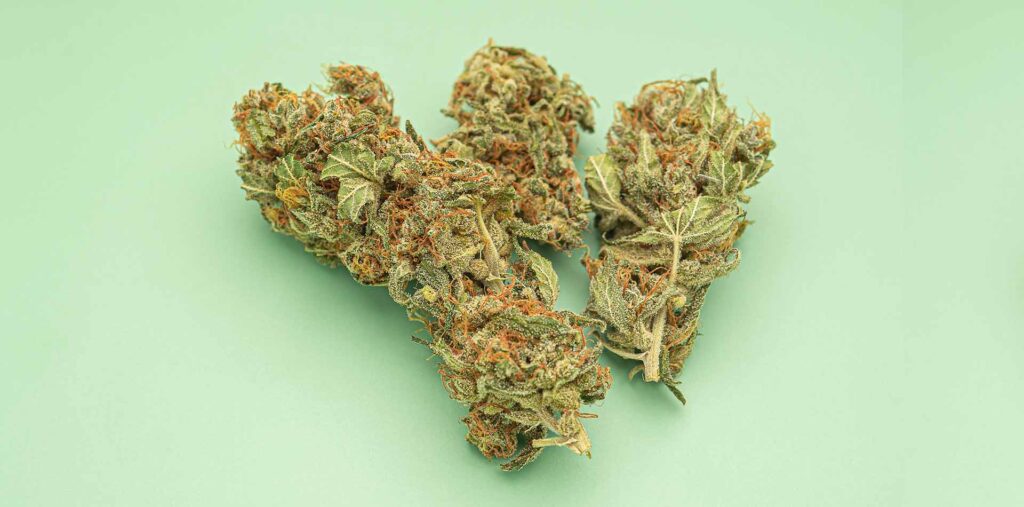
In his words, “Cannabis saved my life, period. It’s given me back my energy, my drive, my determination.”8
Turley is not alone in his belief that cannabis could be effective in treating things like depression and as a potential replacement for opioid medications.
THC’s Potential to Improve Mental Health
In 2016, researchers conducted a review of science to explore the potential mental health benefits of cannabis. Their findings showed that cannabis could be beneficial for those dealing with depression, anxiety, and PTSD.
In addition, the study suggested cannabis could also be beneficial for those battling addiction.10
The study’s author, Professor Jack Walsh of the University of British Columbia, said, “This is a substance that has potential use for mental health … . If people use cannabis as a replacement for opioid medications, or to get off opioids or cut back, we could see some pretty dramatic public health benefits.”10
Click here to learn more about the role cannabis could play in the treatment of addiction, depression, and PTSD.
Cannabis Could Be An Important Part of A Healthy Lifestyle
Although more research is needed, early results indicate that instead of resulting in a sedentary lifestyle, cannabis can help to promote a healthy active lifestyle.
By improving motivation, enjoyment of our workouts, and recovery, cannabis could be an effective tool in the battle against the health issues that can arise as a result of living a sedentary lifestyle.

To learn more about cannabis and its potential health benefits, be sure to check out the Cannabis Education section of BloomMedicinals.com
The Best Way to Medicate with Cannabis Is Different for All
Bloom Medicinals Can Help to Identify Which Way Is Best for You
Gone are the days where smoking your cannabis was the only way to enjoy its therapeutic benefits. Today, you have a wide range of options available.
However, instead of focusing exclusively on whether you should medicate with cannabis flower, oil, tinctures, or edibles, it’s just as important to find the right balance of cannabinoids and terpenes that work best with your endocannabinoid system.
Doing so could unlock your body’s natural healing power. That is why Bloom Medicinals would like to offer you the chance to schedule a free, one-on-one consultation.
During this consultation, our patient care specialists will get to know you, your qualifying conditions, medications, dietary restrictions, activity level, and any specific effects you’re looking to avoid.
By doing so, we can help to identify the consumption methods and forms of cannabis that are best for you!
Take the first step toward an improved quality of life by calling to schedule your free consultation at a Bloom Medicinals dispensary near you!
- https://www.frontiersin.org/articles/10.3389/fpubh.2019.00099/full
- https://www.colorado.edu/today/2019/04/30/new-runners-high-80-cannabis-users-mix-weed-workouts
- https://www.sciencedirect.com/science/article/abs/pii/S0306453021000470?via%3Dihub
- https://www.psychologytoday.com/us/blog/the-athletes-way/202102/runner-s-high-depends-endocannabinoids-not-endorphins
- https://www.scientificamerican.com/article/new-brain-effects-behind-runner-s-high/
- https://myfeelstate.com/flow-state-and-cannabis/#:~:text=Flow%20state%20is%20defined%20as,a%20spiked%20increase%20in%20concentration
- http://www.icmpe.org/test1/journal/issues/v19i3/v19i3abs02.html
- https://www.mensjournal.com/health-fitness/marijuana-can-relieve-pain-and-improve-athletic-recovery-so-why-isnt-it-legal/
- https://source.wustl.edu/2011/01/retired-nfl-players-misuse-painkillers-more-than-general-population/
- https://time.com/4573129/marijuana-cannabis-mental-health/

